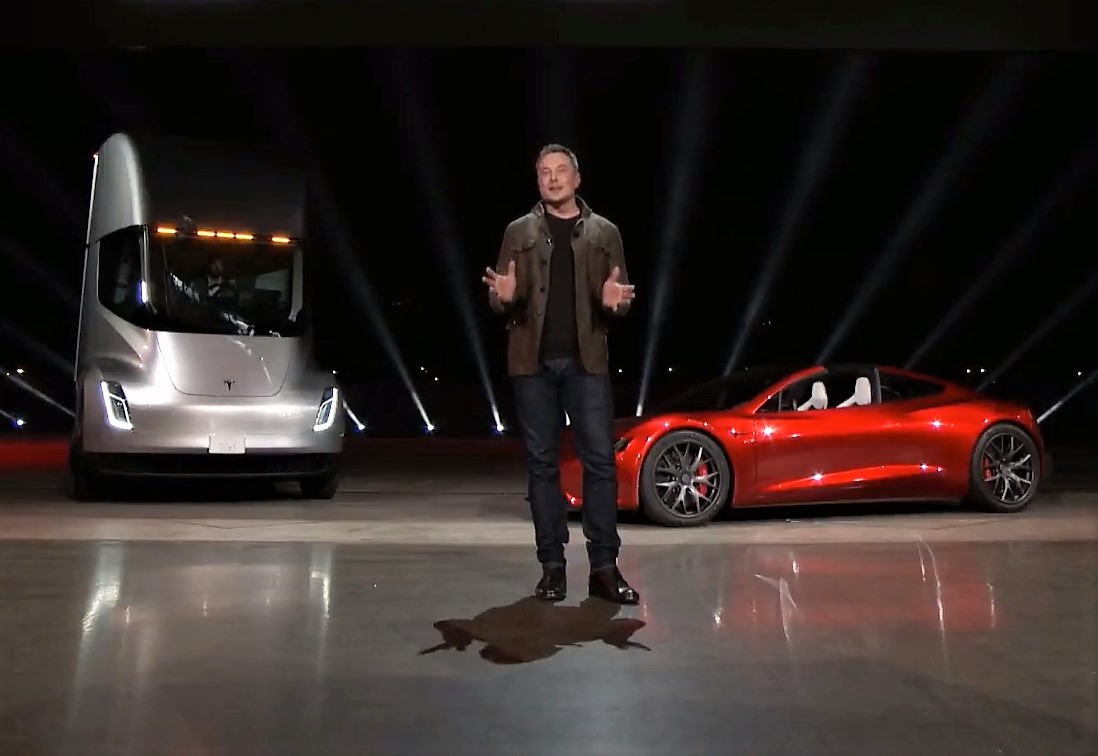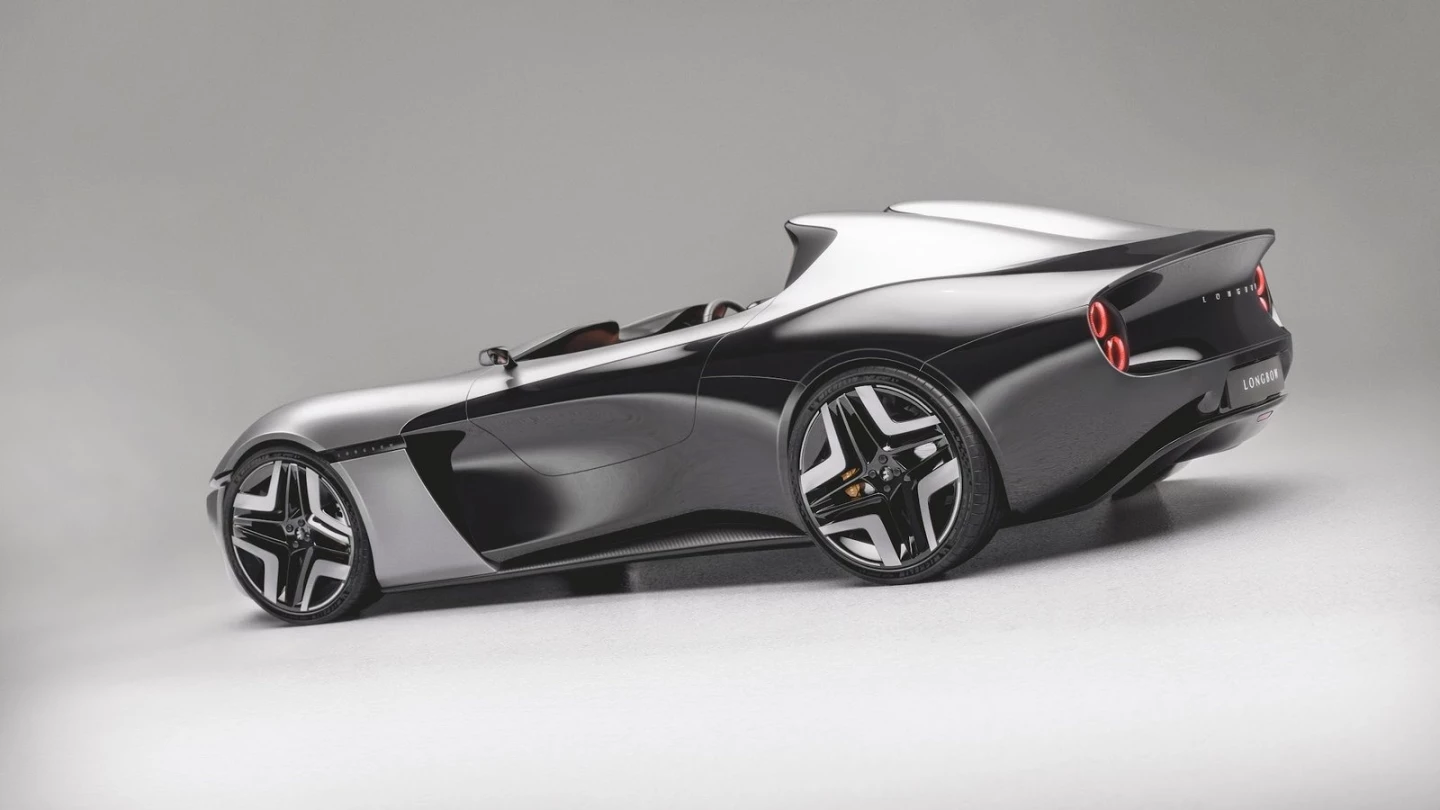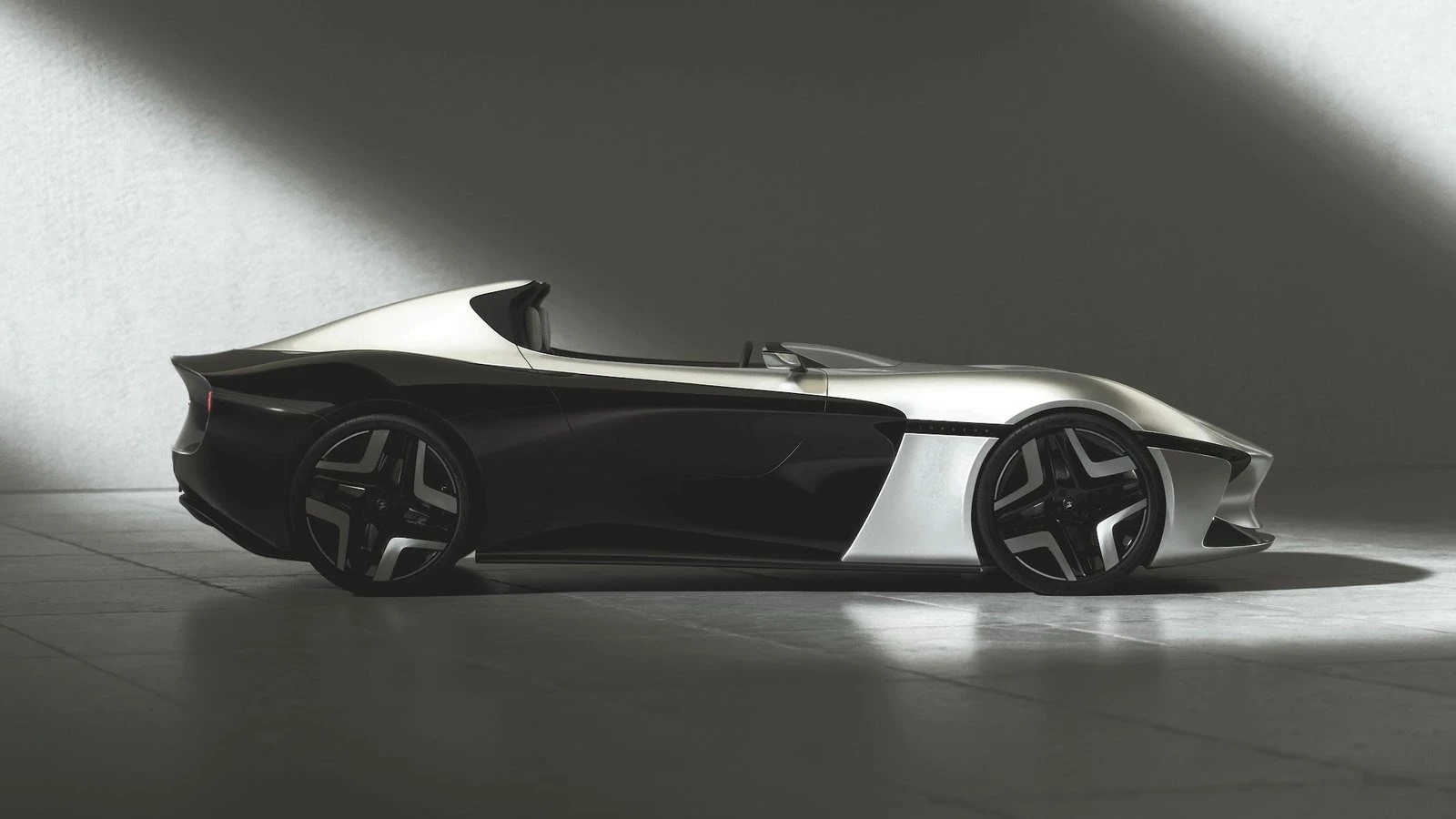Ex-Tesla Employees Launch Cheaper and Lighter Roadster to Beat Musk to Market

For Tesla fans and electric vehicle (EV) enthusiasts, the dream of a next-gen Tesla Roadster remains exactly that — a dream. First unveiled with Elon Musk’s signature bravado in 2017, the $200,000 Roadster was billed as the “fastest production car ever made.” Yet nearly eight years later, the car is still missing from Tesla’s lineup, leaving reservation holders restless and industry watchers skeptical.

Now, two former Tesla employees are looking to seize that opportunity.Daniel Davey and Mark Tapscott, veterans of Tesla’s early days in Europe, have stepped out of Musk’s long shadow with their own EV startup, Longbow. Founded in the UK in 2023 along with Jenny Keisu — the former CEO of electric boat pioneer X Shore — Longbow is positioned to challenge Tesla where it hurts most: innovation and delivery.

Their mission? To bring a lightweight electric Roadster to market before Tesla can deliver on its long-overdue promise. “We will deliver a Roadster before Tesla delivers a Roadster,” Davey said in a recent interview. “And ours will be lighter and cooler.”That statement isn’t just marketing fluff — it’s a strategic shot across the bow of a company once heralded as the face of disruption, now facing delays, manufacturing complexities, and increased competition across global markets.
Back in 2017, Musk pulled the wraps off a prototype that would spark imaginations and open wallets. Marketed as a revolutionary supercar with a sub-2-second 0-60 mph time and a top speed of over 250 mph, the second-generation Tesla Roadster was intended to redefine performance for EVs.

Buyers didn’t hesitate. Some shelled out as much as $250,000 upfront for the promise of delivery in 2020. Fast-forward to 2025, and not a single production unit has hit the road.Despite multiple mentions and revised timelines from Musk over the years — including his 2021 tweet teasing a SpaceX rocket-thrust package — the Roadster remains elusive.
As Tesla continues to scale globally, with over 2 million vehicles delivered in 2024 alone, its core lineup of the Model S, 3, X, Y, and now the Cybertruck dominates the headlines. But the niche performance vehicle Musk once promised has seemingly taken a back seat.Longbow’s approach is rooted in simplicity and agility — an ironic reversal from Tesla’s early mantras.
Davey and Tapscott were part of the original team that brought Tesla’s first Roadster and the Model S to European markets in the early 2010s. Their experience was formative. It wasn’t just about building cars; it was about navigating complex regulatory environments, educating a skeptical public, and inventing infrastructure on the fly.
That experience now powers their vision for Longbow.Unlike Tesla’s current lineup — which has ballooned in size, complexity, and cost — Longbow is embracing “lightness” as a core design and manufacturing principle.
Drawing on lessons learned from traditional motorsport engineering and modern EV tech, the startup aims to build high-performance electric sports cars that prioritize weight efficiency, simplicity, and emotional appeal.“Tesla builds 2 million cars a year… but at some point, the disruptors become the disrupted,” Davey noted.
Their first offering is the Speedster, a £84,995 ($112,000) open-top sports car expected to begin deliveries in 2026. Meant as a limited-production halo car, the Speedster serves as Longbow’s brand-defining “statement of intent.” Think classic British design cues, track-day performance, and modern EV underpinnings.
Following closely behind will be the more accessible Roadster, priced at £64,995 ($85,500) — significantly undercutting Tesla’s $200,000 price tag. Slated for broader production, this model will directly reference the original Roadster’s ethos, but through a leaner, more attainable lens.
In a world of ever-heavier EVs, Longbow is zigging while others zag.Modern electric vehicles, including Tesla’s models, are often criticized for their weight. Batteries are heavy, safety regulations add bulk, and tech-laden interiors come at a cost — both financially and in terms of driving dynamics.
Longbow’s vision is different. By focusing on lightweight construction — through composite materials, minimalistic interiors, and performance-first design — they aim to create a driving experience that’s more visceral and agile.
It’s a philosophy that draws from the likes of Lotus and early Porsche, reinterpreted for the electric age.There’s also a practical side to the lightweight strategy: smaller, lighter vehicles require less battery capacity to achieve competitive range and acceleration, reducing both cost and complexity.
This gives Longbow a potential edge in speed-to-market, manufacturing agility, and regulatory approval — all areas where Tesla’s Roadster has seemingly stumbled.What sets Longbow apart isn’t just its product roadmap, but its leadership ethos.
Unlike traditional automakers or even Tesla, which increasingly resembles the tech giants it once sought to disrupt, Longbow operates more like a high-performance startup. The company has remained deliberately small, favoring rapid prototyping, close-knit supplier relationships, and a focus on low-volume but high-impact vehicles.

Their cofounder Jenny Keisu brings unique experience from X Shore, where she led the development of electric boats — another transportation segment that demands balancing weight, power, and efficiency. That cross-industry insight is proving valuable as Longbow tackles the challenge of performance EVs on a tight budget and timeline.And while the company is still early in its journey, it has already attracted attention from angel investors in the UK and Scandinavia.
With a small but growing team of engineers and designers, Longbow is positioning itself as an agile alternative to bloated legacy automakers and increasingly bureaucratic EV giants.On paper, a small British startup taking on Tesla might seem like a David vs. Goliath narrative — and to some extent, it is.
But the automotive landscape is shifting. Tesla’s first-mover advantage has eroded. Legacy automakers like Porsche, BMW, and Hyundai are now delivering compelling EVs, and new players in China and Europe are gaining traction.Longbow may not unseat Tesla anytime soon, but it doesn’t need to.

If it can deliver a performance EV that undercuts Tesla’s long-promised Roadster — in both price and delivery timeline — it will have made a powerful statement.And for the growing number of enthusiasts who value driving feel, simplicity, and a touch of old-school automotive spirit in their EVs, Longbow may be just the alternative they’ve been waiting for.

As Tesla continues to scale and its product lineup becomes more complex and delayed, companies like Longbow are capitalizing on the cracks in Musk’s empire. With a lighter, cheaper, and possibly more exhilarating Roadster already in the pipeline, Elon Musk may soon find himself in a position he’s not used to: being outmaneuvered by the very people he once hired.Longbow isn’t just making cars — it’s making a statement. And it’s one that might arrive before Tesla’s long-awaited Roadster ever sees the light of day.


